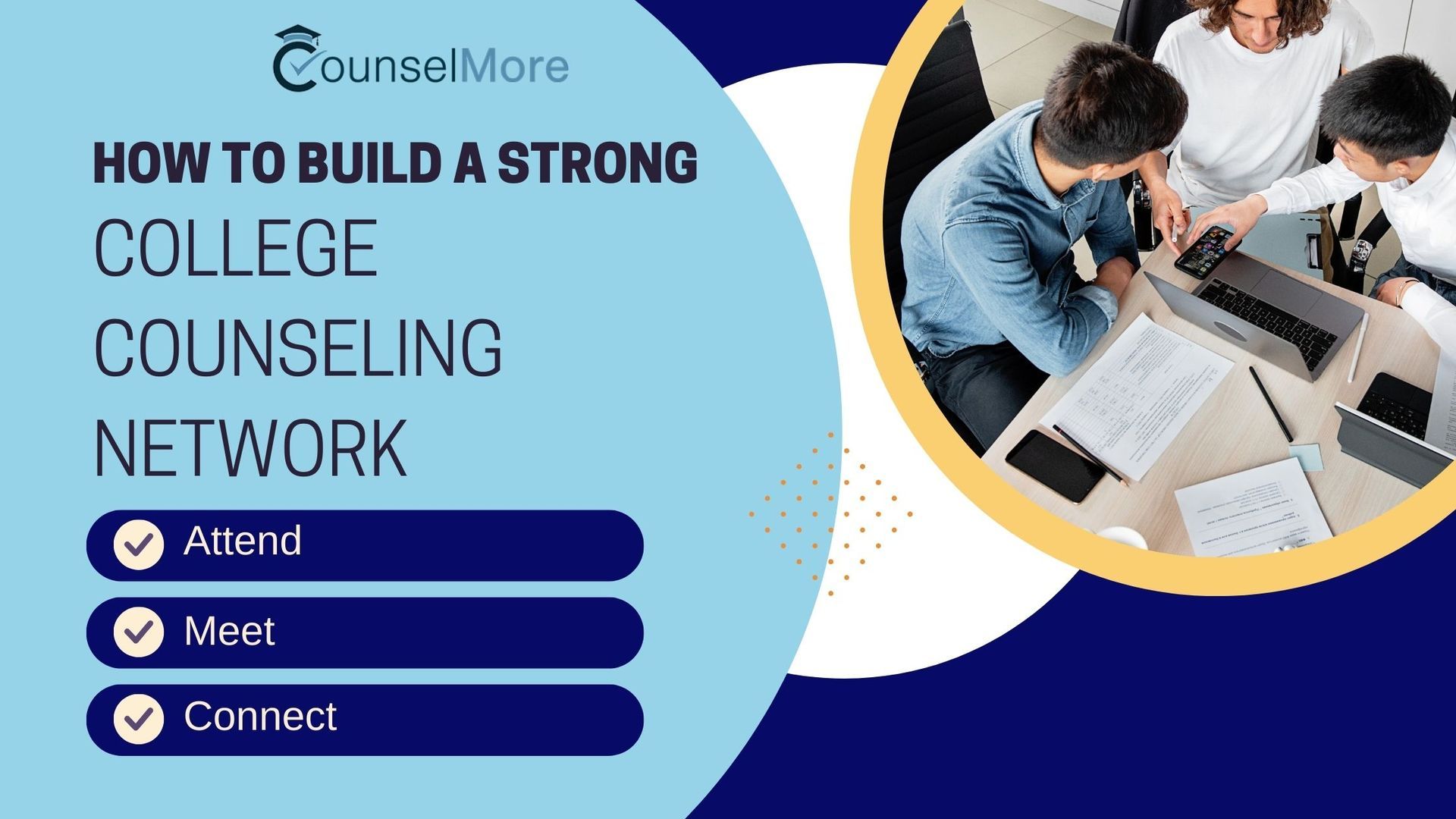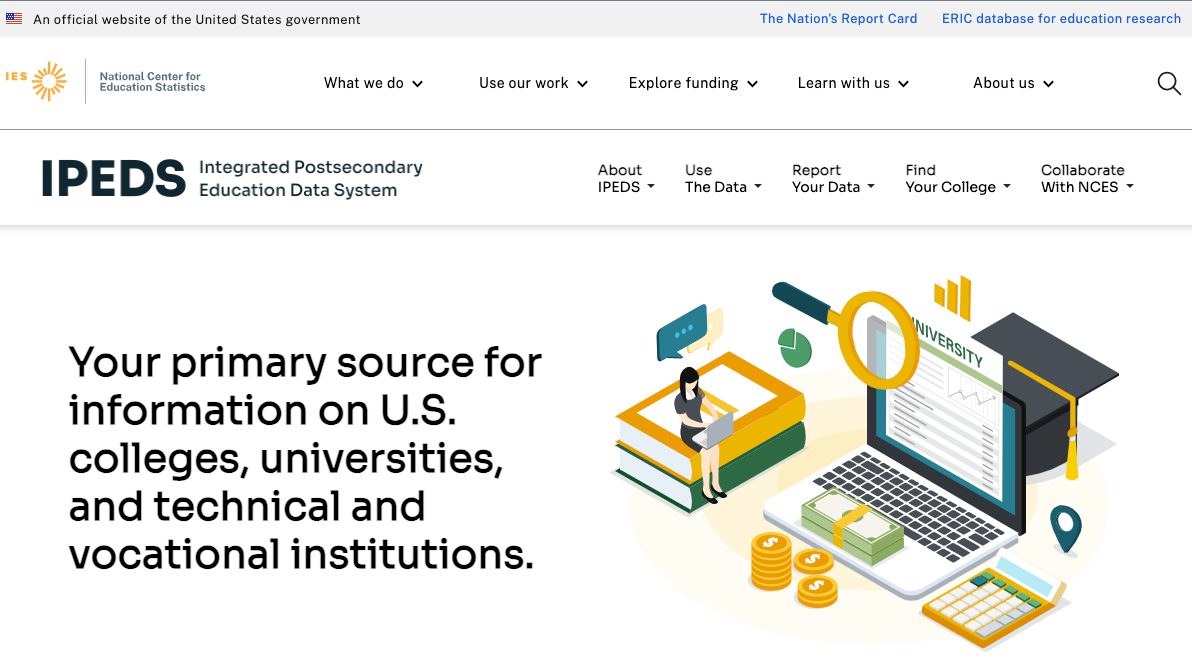When your teen reaches the age of 18, even though you may still think of them as children, under the law they have now achieved adult status. That status allows them to vote, serve in the military, serve on a jury, sign a contract, and get married without your consent. Although they still can’t do certain things, like drink alcohol or rent cars, their legal status is decided.
Here are 6 things you may want to consider:
- Students (mostly male) with US citizenship (with exceptions) must register for the selective service upon reaching the age of 18.
- Although not required, this is a great time for your kids to register to vote.
- When your children turn 18, you no longer automatically have the authority to make healthcare decisions for them. And this is true even if they are still covered by your health insurance and you are paying the bill. This means that if your child has an accident or illness and is temporarily disabled, you may need court approval to act on their behalf or even to be informed of their medical status.
- Despite the fact that you are paying for their education, the FERPA law says you no longer have access to your child’s grades once they turn 18. That’s right, you can call the registrar and ask to see your 18-year-old’s transcript and they will not share it with you even though you’re the one signing the tuition checks.
- You can no longer manage money for your children once they turn 18.
- At 21, any money saved in a UTMA (and other savings accounts- check with your advisor) automatically becomes theirs unless other legal plans are in place.
Who can believe that 18 years have already flown by? It is overwhelming to all of us. You are doing the best you can and knowledge is power.
This post was created by CounselMore Peer Mentor, Lee Norwood is a member of the Higher Education Consultants Association, NACAC Character Collaborative and she is on faculty with the CounselMore Business Development Academy. She speaks at industry conferences on topics like “Meeting Gen Z Where They Are” and “Growing Your Business” and she has been featured on podcasts with CollegeScoops, ThirdFloor Views, Tests And The Rest, and featured in Forbes magazine. If you are interested in our process, our team, reviews and outcomes, just look at our website www.annapoliscollegeconsulting.com


















